-
What are the best AI tools for research? Nature’s guide
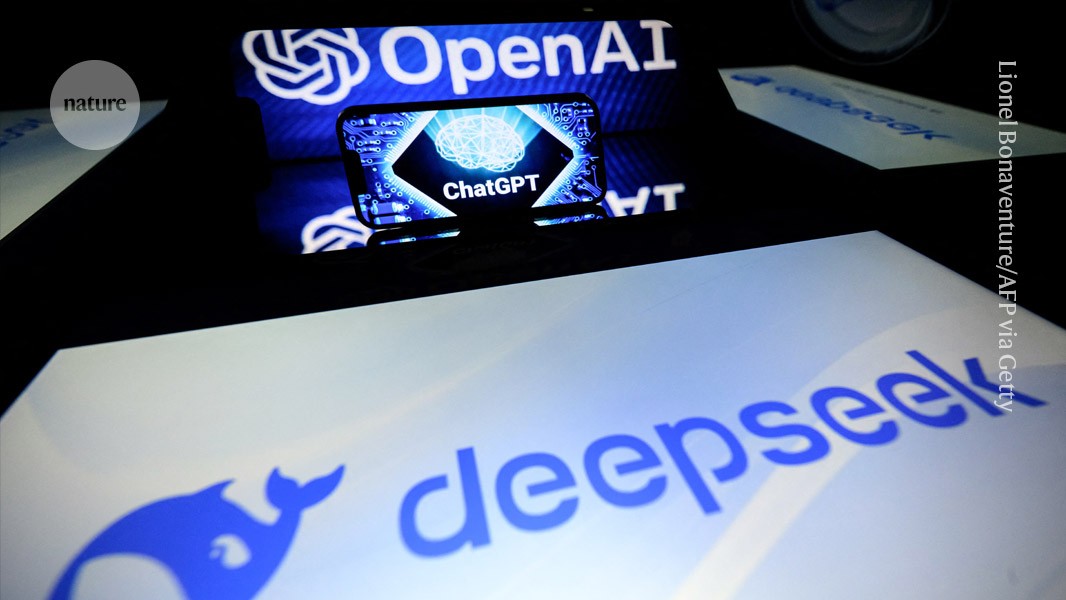
NEWS 17 February 2025 There are many large language models to choose from; some excel at coding, whereas others are better for synthesizing information.
-
Citation manipulation through citation mills and pre-print servers
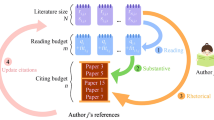
Abstract Citations are widely considered in scientists’ evaluation. As such, scientists may be incentivized to inflate their citation counts. While previous literature has examined self-citations and citation cartels, it remains unclear whether scientists can purchase citations. Here, we compile a dataset of ~1.6 million profiles on Google Scholar to examine instances of citation fraud on…
-
Blending Science, Nature, and Business – It Sets the Tone
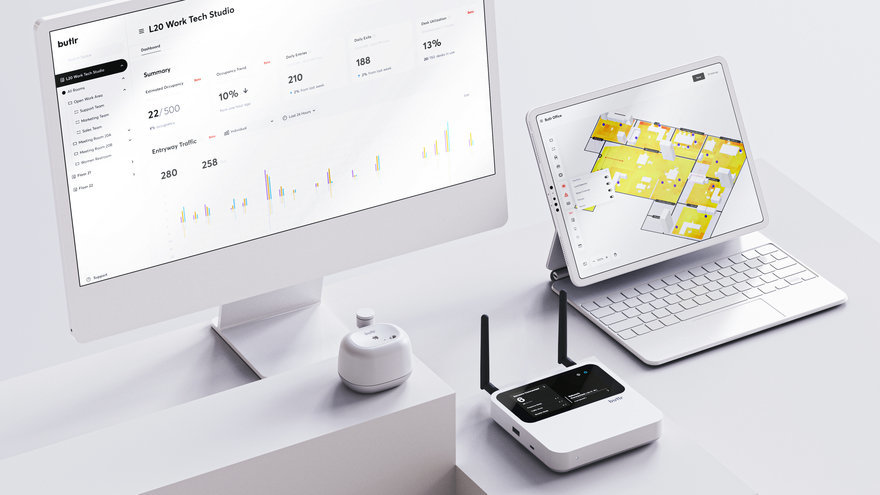
The Core77 Design Awards Sustainability category features any designed product, service, or system tackling issues around sustainability in a thoughtful, research-backed manner through strategies ranging from materials, production methods, efficient systems, packaging and shipping, etc. If there is one thing Kara Pecknold worries about in the world of design, it is: “that we will avoid…
-
Royal Society will meet amid campaign to revoke Elon Musk’s fellowship
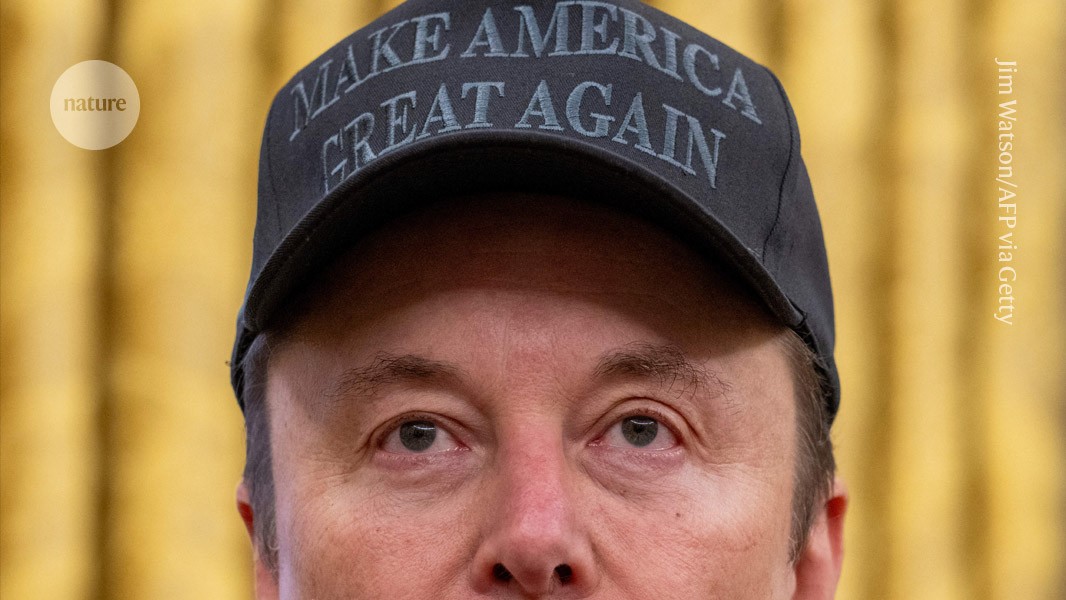
NEWS 13 February 2025 More than 1,300 scientists have signed a letter calling on the world’s oldest science society to reassess the billionaire’s membership after cuts to US science.
-
Vaccine sceptic RFK Jr is now a powerful force in US science: what will he do?

Robert F. Kennedy Jr now oversees the US Centers for Disease Control and Prevention, which he last year called a ‘cesspool of corruption’. Credit: Tierney L. Cross/Bloomberg/Getty Scientists are bracing for major changes in the direction of US biomedical research as Robert F. Kennedy Jr, who has promoted vaccine misinformation and public-health conspiracies, gains control…
-
Are PhDs losing their lustre? Why fewer students are enrolling in doctoral degrees
Limited jobs in academia are deterring students from enroling in doctoral degrees in some countries.Credit: Lisa Maree Williams/Getty Numbers of people enrolling in PhD programmes have dropped in a handful of countries in the past few years, which policy specialists are calling a worrying trend. From Australia and Japan to Brazil and the United Kingdom,…
-
The Mortal Reader: Science fiction books that explore human nature

One of the reasons I love science fiction, or speculative fiction as it’s often called now, is its range. The two books I have to recommend today are good examples of how the genre can contain very different kinds of stories that focus on disparate aspects of human nature in settings that are far removed…
-
BBC Takes On Appeal to Nature Fallacy
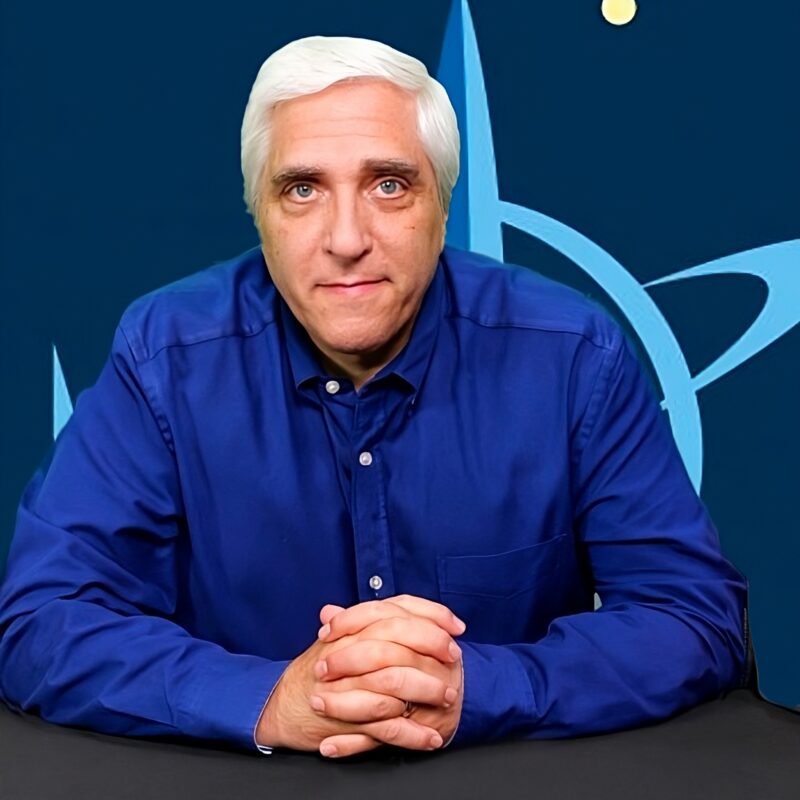
It’s always good (and frustratingly rare) to see the mainstream media get it right when it comes to pseudoscience in medicine. Too often the narrative is – scientists are baffled at this alternative “one easy trick” to improve your health. Most mainstream articles on pseudoscience in medicine frame their reporting around a positive anecdote, and…
-
Oulu2026 unveils vision and artists for Climate Clock art trail – reconnecting us with nature’s time
Ahead of the city’s stint as European Capital of Culture, Oulu2026 has announced a trailblazing new art initiative designed to address the urgent issue of climate change through collaborations between artists and scientists. ADVERTISEMENT The Finnish city of Oulu – set just below the Arctic Circle – is getting ready to be the 2026 European…
-
Record-breaking neutrino detected by huge underwater telescope
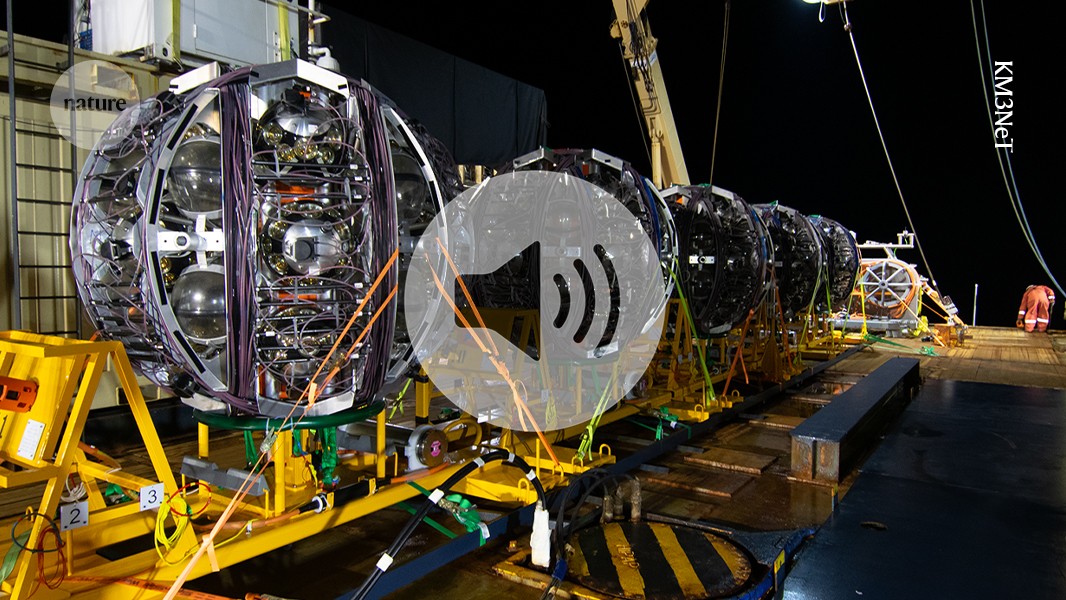
Download the Nature Podcast 12 February 2025 In this episode: 00:45 An elusive, cosmic neutrino with a record-breaking energy An enormous array of detectors deep under the Mediterranean Sea has captured evidence of the highest-energy neutrino particle ever recorded, although researchers aren’t sure exactly where in the cosmos it originated. Calculations revealed this particle had…